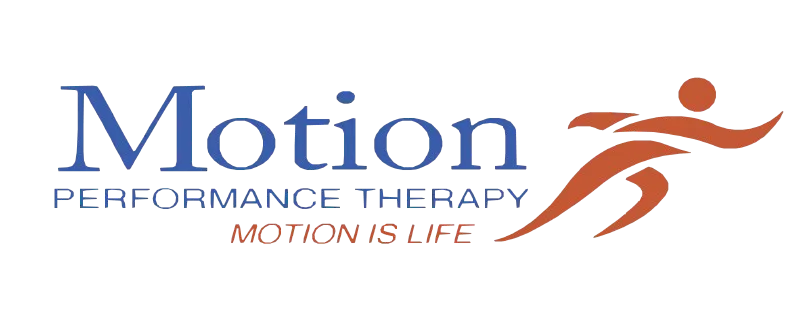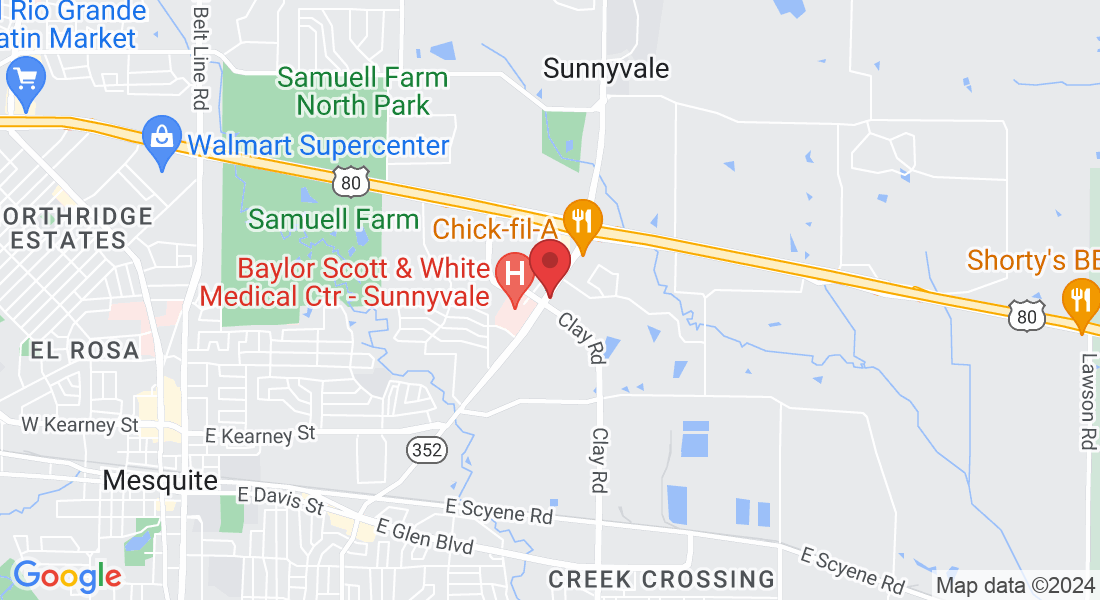214-256-3778
(214) 256-3770


Heel Pain Specialist
Heel pain is a common affliction that can put a hold on your healthy, active lifestyle. At Dallas Orthopedic & Shoulder Institute in Sunnyvale and Kaufman, Texas, the team of experts diagnose and treat heel pain with targeted treatment methods. Whether it’s plantar fasciitis or something more complex, the team helps restore you to peak performance or function. Call or schedule an appointment online today to find out more.


Heel Pain Specialist
Heel pain is a common affliction that can put a hold on your healthy, active lifestyle. At Dallas Orthopedic & Shoulder Institute in Sunnyvale and Kaufman, Texas, the team of experts diagnose and treat heel pain with targeted treatment methods. Whether it’s plantar fasciitis or something more complex, the team helps restore you to peak performance or function. Call or schedule an appointment online today to find out more.
Heel Pain Q & A
What causes heel pain?
Your heel bone is the largest bone in your foot, located at the rear part of the extremity. The arch of your foot and the heel work together, allowing your foot to evenly distribute force or pressure exerted on it, especially when you’re walking on uneven ground. Heel pain can limit your ability to walk or even stand up.
Plantar fasciitis is one of the most common causes of heel pain. Plantar fasciitis is the result of inflammation to the plantar fascia ligament, which attaches your heel bone to the sole of your foot. Strain or injury typically causes micro-tears to the plantar fascia. If you have plantar fasciitis, you may experience heel pain with your first steps in the morning or when standing up after sitting for a long period of time.
Other causes of heel pain include Achilles tendonitis, heel bursitis, and arthritis. Heel pad atrophy is another common cause of heel pain that results from the deterioration of the cushion-like surface under your heel.
How is heel pain diagnosed?
Your provider at Dallas Orthopedic & Shoulder Institute first discusses your symptoms with you and assess their duration and severity. After a thorough physical exam to better understand the severity of your pain, where it stems from, and to see how much weight you can put on your foot, your provider may also opt for imaging tests such as X-rays.
They might also ask you questions about your exercise habits and whether or not you have a history of foot or heel problems. It’s important to get an accurate diagnosis so you can receive the most appropriate course of treatment.
How is heel pain treated?
Dallas Orthopedic & Shoulder Institute offers a variety of treatments to address heel pain. Once they determine the root cause of your heel pain, your provider works with you to develop a personalized treatment plan that’s right for you. Treatment may include a combination of interventions, including physical therapy, custom orthotics, or night splints.
If you’re dealing with heel pain that’s limiting your ability to function, call Dallas Orthopedic & Shoulder Institute or use online booking to schedule an appointment today.
Heel Pain Q & A
What causes heel pain?
Your heel bone is the largest bone in your foot, located at the rear part of the extremity. The arch of your foot and the heel work together, allowing your foot to evenly distribute force or pressure exerted on it, especially when you’re walking on uneven ground. Heel pain can limit your ability to walk or even stand up.
Plantar fasciitis is one of the most common causes of heel pain. Plantar fasciitis is the result of inflammation to the plantar fascia ligament, which attaches your heel bone to the sole of your foot. Strain or injury typically causes micro-tears to the plantar fascia. If you have plantar fasciitis, you may experience heel pain with your first steps in the morning or when standing up after sitting for a long period of time.
Other causes of heel pain include Achilles tendonitis, heel bursitis, and arthritis. Heel pad atrophy is another common cause of heel pain that results from the deterioration of the cushion-like surface under your heel.
How is heel pain diagnosed?
Your provider at Dallas Orthopedic & Shoulder Institute first discusses your symptoms with you and assess their duration and severity. After a thorough physical exam to better understand the severity of your pain, where it stems from, and to see how much weight you can put on your foot, your provider may also opt for imaging tests such as X-rays.
They might also ask you questions about your exercise habits and whether or not you have a history of foot or heel problems. It’s important to get an accurate diagnosis so you can receive the most appropriate course of treatment.
How is heel pain treated?
Dallas Orthopedic & Shoulder Institute offers a variety of treatments to address heel pain. Once they determine the root cause of your heel pain, your provider works with you to develop a personalized treatment plan that’s right for you. Treatment may include a combination of interventions, including physical therapy, custom orthotics, or night splints.
If you’re dealing with heel pain that’s limiting your ability to function, call Dallas Orthopedic & Shoulder Institute or use online booking to schedule an appointment today.
Our Patient Reviews
Our Locations
Dallas Orthopedic and Shoulder Institute - Sunnyvale
Office Hours
Monday through Friday - 8:00am – 5:00pm
Saturday & Sunday – CLOSED
Dallas Orthopedic and Shoulder Institute - Sunnyvale
Clinic Hours
Monday through Thursday - 7:00 am - 5:30pm
Friday, Saturday & Sunday - CLOSED
Phone Number:
214-256-3778
Address
222 South Collins Road, Suite 101
Sunnyvale, TX 75182
Dallas Orthopedic and Shoulder Institute - Kaufman
Office Hours
Monday through Thursday - 8:00am –5:00pm
Friday, Saturday & Sunday - CLOSED
Motion Performance Therapy - Kaufman
Clinic Hours
Monday through Thursday - 8:00am –5:00pm
Friday, Saturday & Sunday - CLOSED
Phone Number:
214-256-3778
Address
874 Ed Hall Dr Suite 104, Kaufman, TX 75142 (Professional building next to Texas Health Presbyterian Hospital in Kaufman)


Copyright 2023 Dallas Orthopedic and Shoulder Institute. All rights reserved
Our Patient Reviews
Our Locations
Dallas Orthopedic and Shoulder Institute - Sunnyvale
Office Hours
Monday through Friday - 8:00am – 5:00pm
Saturday & Sunday – CLOSED
Motion Performance Therapy - Sunnyvale
Clinic Hours
Monday through Thursday - 7:00 am - 5:30 pm
Friday, Saturday & Sunday - CLOSED
Phone Number:
214-256-3778
Address
222 South Collins Road, Suite 101
Sunnyvale, TX 75182
Dallas Orthopedic and Shoulder Institute - Kaufman
Office Hours
Monday through Thursday - 8:00am – 5:00pm
Friday, Saturday & Sunday - CLOSED
Motion Performance Therapy - Kaufman
Clinic Hours
Monday through Thursday - 7:00 am - 5:30 pm
Friday, Saturday & Sunday - CLOSED
Phone Number:
214-256-3778
Address
874 Ed Hall Dr Suite 104, Kaufman, TX 75142 (Professional building next to Texas Health Presbyterian Hospital in Kaufman)





